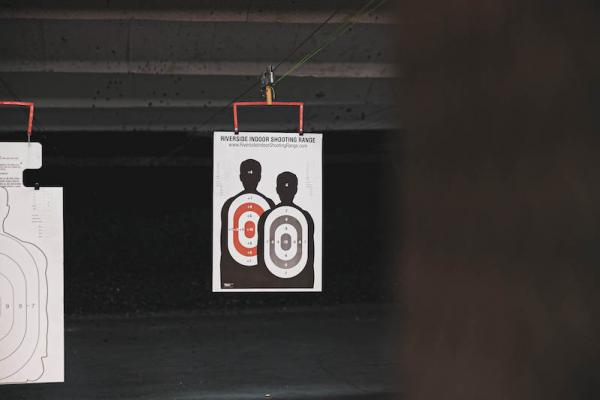Jun 23, 2022
As a Black woman, I’ve always known that my skin color could get me killed. As I watched Capitol rioters carry the Confederate flag through the Capitol on Jan. 6, I knew the danger was more present than ever. In the wake of the Jan. 6 insurrection, the increase in white nationalist terrorism made me realize that I needed to take drastic measures to ensure my safety.
Read the Full Article

Already a subscriber? Login
